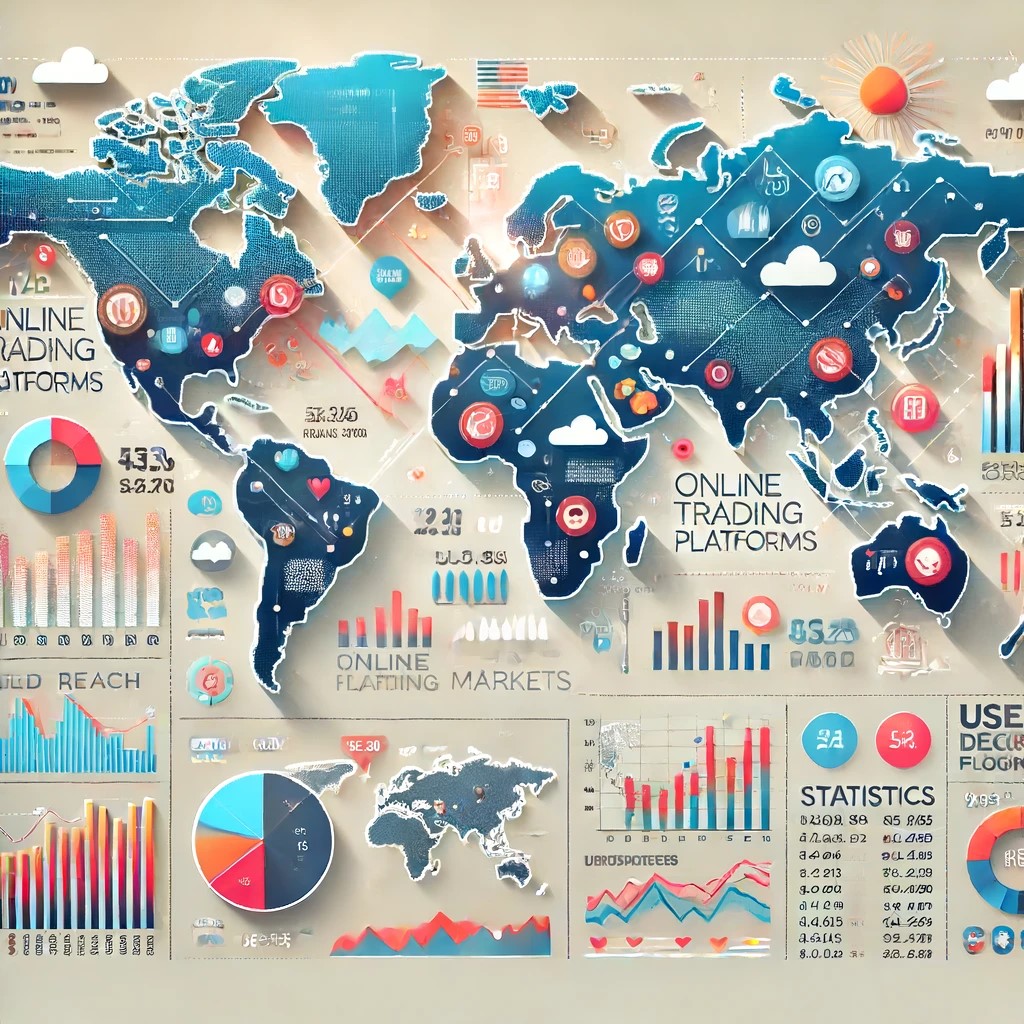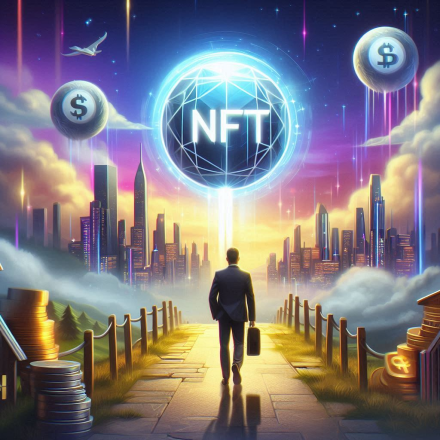In the digital age, online trading platforms have revolutionized the way individuals and institutions participate in financial markets. These platforms offer the tools to trade a variety of assets from stocks and bonds to cryptocurrencies, all from the comfort of one's home or mobile device. While online trading offers significant advantages, it also presents unique challenges that traders must navigate. This article explores the benefits and potential pitfalls of using online trading platforms and discusses future trends in the industry.

Advantages of Online Trading Platforms
1. Accessibility: Online trading platforms have democratized access to global financial markets. With an internet connection, traders can access real-time market data, execute trades, and manage their investment portfolios from anywhere in the world. This level of accessibility has opened up financial trading to a broader audience, including retail investors who may not have the capital or resources to trade through traditional brokerages.
2. Lower Costs: Traditional trading often involves higher fees, including brokerage commissions and transaction costs. Online platforms typically offer lower transaction fees and no broker commissions, which can significantly reduce the cost of trading. Many platforms also offer zero-commission trading for certain assets, making it even more economical for individual traders.

Challenges of Online Trading Platforms
1. Security Risks: As with any online activity, trading online carries cybersecurity risks. Hackers can target trading platforms to steal personal information, hack accounts, or even manipulate market prices. Traders must ensure they use platforms with robust security measures and be vigilant about safeguarding their personal and financial information.
2. Overtrading and Emotional Trading: The ease of trading online can lead to overtrading, where traders make excessive trades without proper strategy or objectives. The immediate access to markets can also lead to emotional trading, where decisions are driven by fear or greed rather than rational analysis. This behavior can erode profits and increase risks.

Future Trends in Online Trading
1. Increased Use of AI and Machine Learning: Future online trading platforms will increasingly incorporate artificial intelligence and machine learning technologies to offer more personalized services and improve the trading experience. These technologies can help in predictive analytics, automated trading, and personalized financial advice.
2. Integration with Blockchain Technology: Blockchain offers the potential to further revolutionize online trading by enhancing security and transparency. Future platforms might integrate blockchain to manage trades and holdings, ensuring that all transactions are secure and verifiable.
3. Expansion of Mobile Trading: As smartphones become more powerful, mobile trading is expected to grow. Future platforms will likely focus on improving mobile trading interfaces and functionalities, making trading as seamless on a smartphone as on a desktop.
Conclusion
Online trading platforms have transformed the financial trading landscape, providing numerous advantages but also posing distinct challenges. As technology advances, these platforms will continue to evolve, offering more sophisticated tools and greater integration with advanced technologies. Traders who leverage these platforms effectively while managing the associated risks can significantly enhance their trading outcomes.





